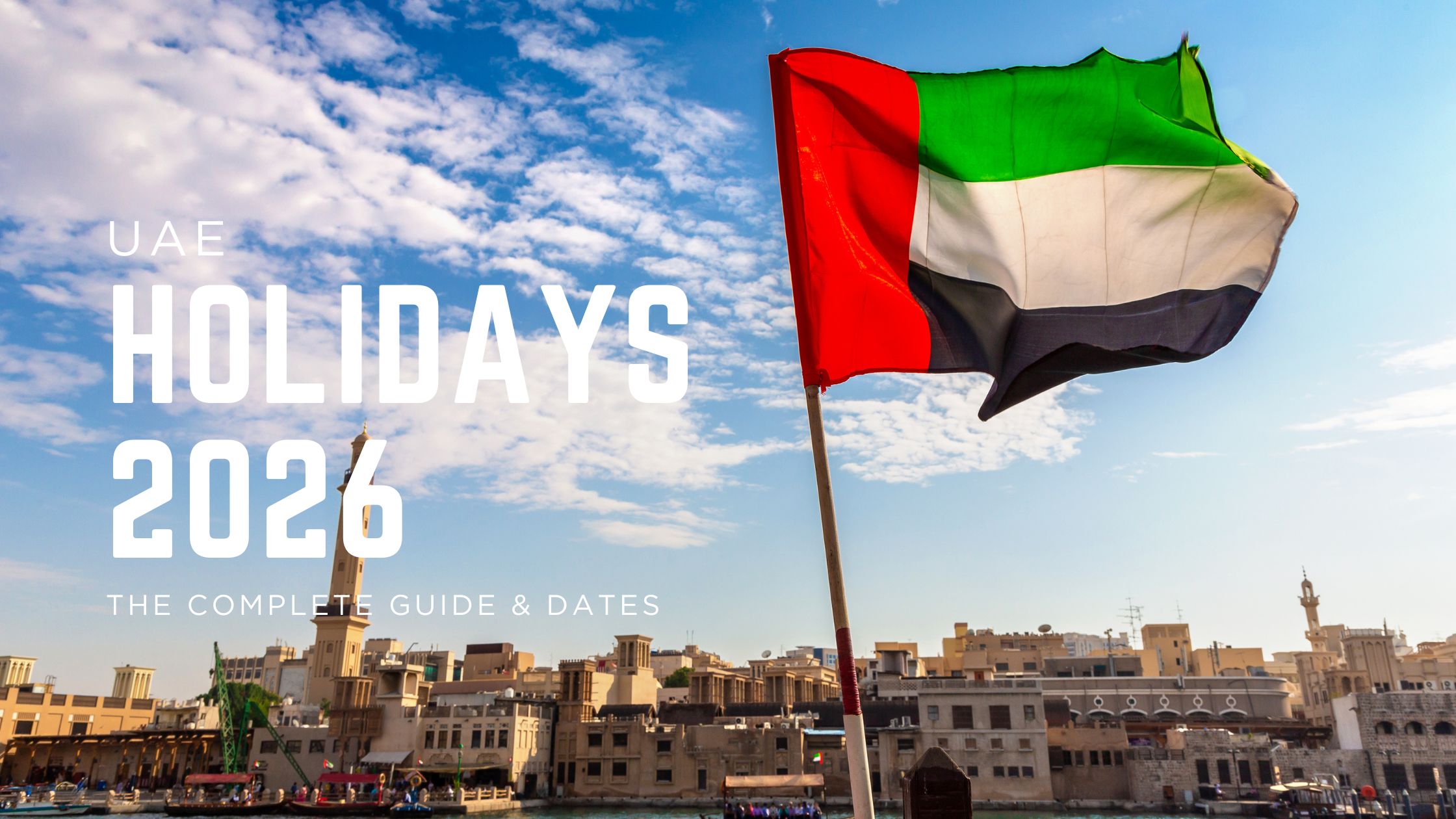The Role of Family Enterprises in the Region’s Economy

Family businesses have long been the backbone of the Middle East’s economy. From small trading companies to large conglomerates spanning real estate, retail, and finance, these enterprises form the foundation of the region’s commercial success.
As economies in the Gulf Cooperation Council (GCC) and wider Middle East continue to diversify and modernize, family enterprises remain a vital force — driving growth, creating jobs, and preserving local values in a rapidly changing global landscape.
1. The Legacy of Family Businesses
Family enterprises are not a new phenomenon in the region — they are part of its history. Many of today’s most successful corporations began as small, family-run operations decades ago.
These companies have thrived by combining entrepreneurial spirit with strong family values like trust, loyalty, and long-term vision.
💡 Example: In the UAE and Saudi Arabia, many leading firms in construction, logistics, and hospitality are still owned and managed by founding families, who continue to guide them into new industries and markets.
2. Economic Powerhouses of the Region
Family businesses play a major role in national economies. Across the Middle East:
- They contribute 60–80% of non-oil GDP.
- They employ a significant portion of the private-sector workforce.
- They are key players in real estate, trade, finance, manufacturing, and tourism.
Their ability to adapt — while keeping family leadership and vision intact — has helped them stay resilient during times of economic uncertainty and market change.
3. Generational Transition and Modernization
One of the biggest challenges family enterprises face today is succession planning. As the second and third generations take over, many families are working to modernize management structures while preserving their core values.
New trends include:
- Introducing professional governance systems and external boards.
- Empowering young family members educated abroad to bring global best practices home.
- Investing in digital transformation and sustainability to stay competitive.
🔄 Insight: Balancing tradition with innovation is the secret to long-term success.
4. Diversification and Global Expansion
Family-owned conglomerates are no longer limited to domestic markets. Many are expanding globally — investing in technology, renewable energy, and international real estate.
In the GCC, diversification efforts under national visions like Saudi Arabia’s Vision 2030 and the UAE Centennial Plan are encouraging family businesses to invest beyond oil and traditional sectors.
🌍 Example: Several Gulf family groups now own stakes in major global brands, tech startups, and hospitality ventures — reflecting a confident, forward-looking mindset.
5. Supporting National Development
Governments across the region recognize that family enterprises are key partners in achieving economic growth and diversification goals.
To support them, countries are introducing:
- Family business laws to improve governance and succession planning.
- Investment incentives for modernization and international expansion.
- Family business councils and associations that foster collaboration and policy dialogue.
These measures are helping family enterprises strengthen their role in national development while ensuring continuity for generations to come.
6. The Future of Family Enterprises
The future looks promising for family businesses in the Middle East — provided they continue to evolve. Embracing digital innovation, sustainability, and professional management will be crucial to their long-term success.
The new generation of family leaders is not only preserving their ancestors’ legacy but also redefining it for a modern, global economy.
Final Thoughts
Family enterprises remain at the heart of the region’s economy — blending tradition, innovation, and resilience.
They represent more than just business success; they embody the region’s values of unity, trust, and vision for the future.
As the Middle East continues to grow and diversify, family-owned companies will remain central to shaping its economic destiny — proving once again that the strength of a family can build the foundation of a nation.







